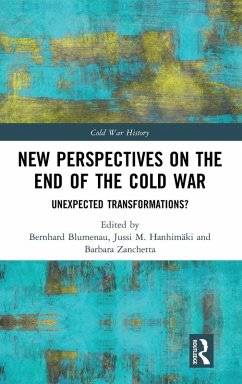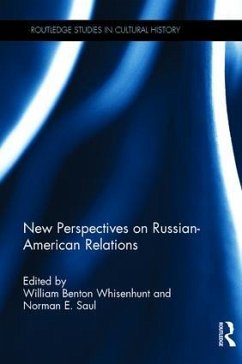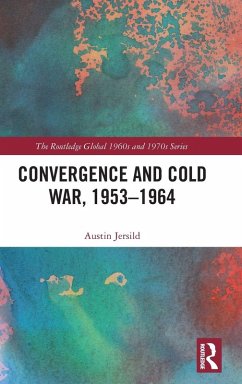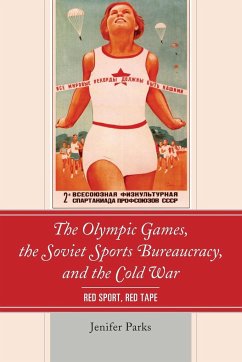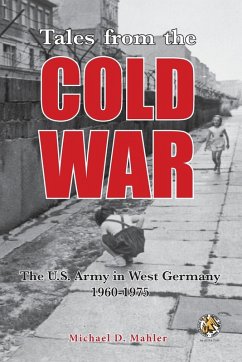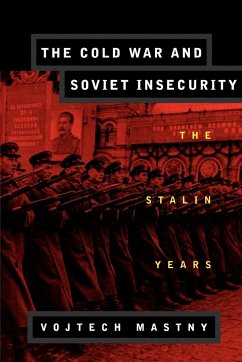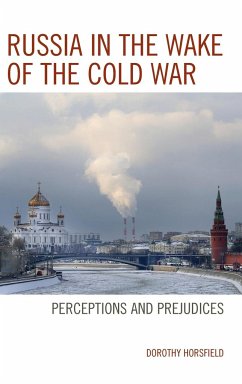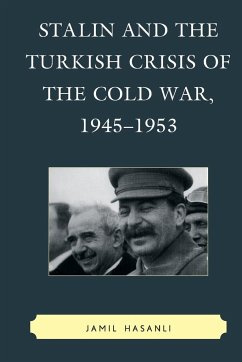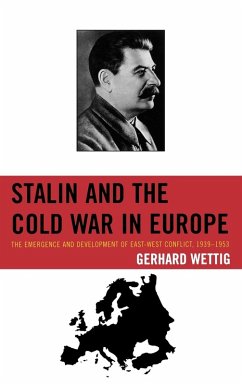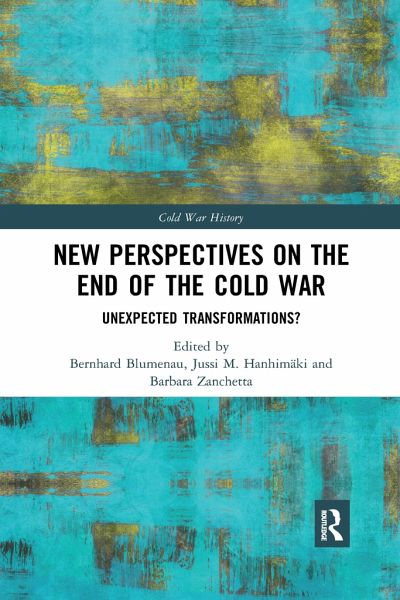
New Perspectives on the End of the Cold War
Unexpected Transformations?
Herausgeber: Blumenau, Bernhard; Zanchetta, Barbara; Hanhimäki, Jussi M.
Versandkostenfrei!
Versandfertig in 1-2 Wochen
55,99 €
inkl. MwSt.

PAYBACK Punkte
28 °P sammeln!
The essays in this edited volume make a significant contribution to the historiography on the causes and consequences of the end of the Cold War, and focus on the question of whether these events were truly 'unexpected'.





